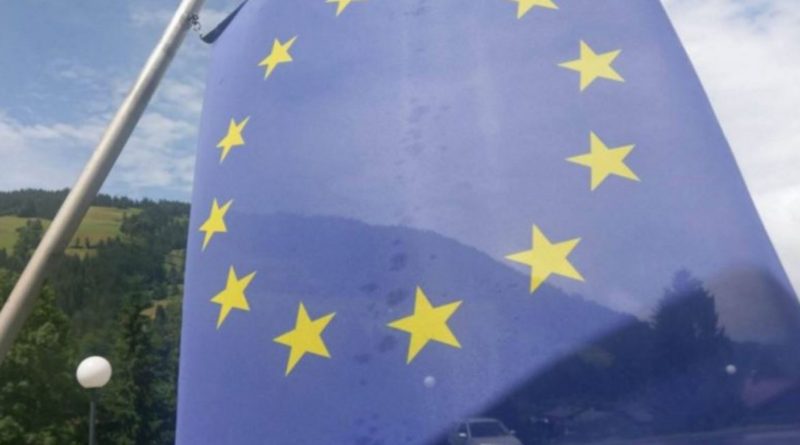Changes to EU anti-dumping duties put forward
The way the EU calculates anti-dumping and anti-subsidy legislation is set to change in order to tackle “significant market distortions”.
Anti-dumping duties are imposed by the EU to defend European businesses from countries that export product into the EU at ‘dumped prices’ – often through governments providing subsidies to give their exporting producers an unfair advantage.
However, anti-dumping tariffs have flaws – they can only be imposed by the EU (under World Trade Organisation rules) after an investigation has demonstrated that the products have entered the EU at ‘dumped prices’ that cause injury to the EU industry. Dumping margin is calculated by comparing the export price of a product to the EU with the domestic prices, or costs, of the product in the exporting country.
The issue is that in certain member countries of the WTO, domestic prices and costs can be distorted, again thanks to state interference, therefore undermining the basis to determine the comparison with the export price.
The Commission proposes changing its approach so that when such distortions exist, other benchmarks reflecting undistorted costs of production and sale will be used. Here, the Commission could use benchmarks, or corresponding costs of production and sale including in an appropriate representative country with a similar level of economic development as the exporting country. This methodology would allow the Commission to establish and measure the actual magnitude of dumping.
Global trading may be in line for a further shake up too, should Donald Trump follow up proposals he discussed prior to becoming the US President.
Why now? The proposal comes after a public consultation and an impact assessment, not to mention recent EU steel headlines. There is also a forthcoming shake up from the WTO (the EU stressed it was fully respecting its “international obligations in the legal framework of the WTO”).
If adopted, the new anti-dumping methodology would apply to cases initiated once the amended rules are in force. Transitional arrangements have been proposed for existing trade defence measure and ongoing investigations.
The Commission has also proposed a strengthening of the EU anti-subsidy legislation so that in future cases, any new subsidies revealed in the course of an investigation can also be investigated and included in the final duties imposed. The European Parliament and the Council will now decide on the proposal through the ordinary legislative procedure.
For UK businesses, it is unclear if these new proposals will have any affect upon them until the British Government completes its EU withdrawal.
EU Commission Vice-President Jyrki Katainen, responsible for Jobs, Growth, Investment and Competitiveness, said: “Trade is Europe’s best growth lever. But free trade must be fair, and only fair trade can be free. Today we are presenting a proposal to adapt our trade defence instruments to deal with the new realities of over-capacity and a changing international legal framework. More than 30 million jobs in Europe, including 6 million jobs in SMEs, depend on free and fair trade which remains at the heart of EU strategy for jobs and growth.”
EU Trade Commissioner Cecilia Malmström commented: “The proposal is important because it means that the EU is living up to its WTO commitments. This method is country neutral and does not grant ‘market economy status’ to any country. The proposal, once adopted by the European Parliament and the Council, will ensure that the EU’s Trade Defence Instruments are adapted to face new challenges as well as our legal and economic realities. We also maintain an equivalent level of protection.”
There’s further reading on the topic on the European Commission’s site.
(With thanks to sister-site torque-expo.com)



